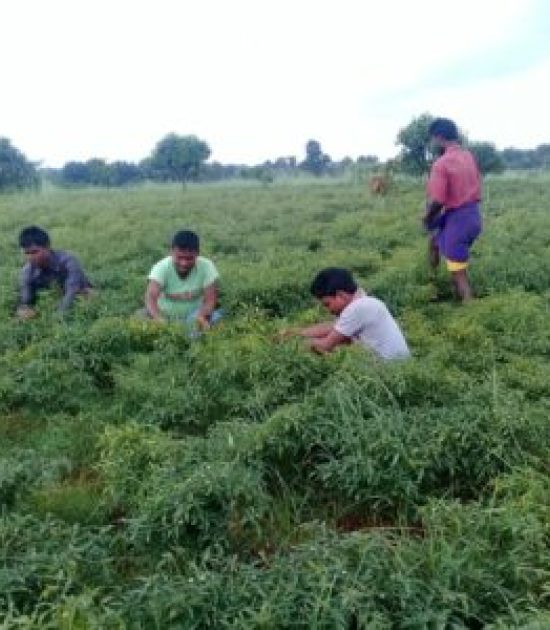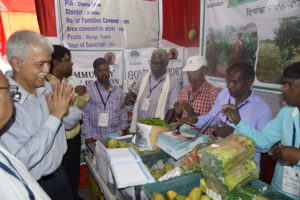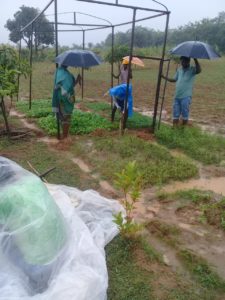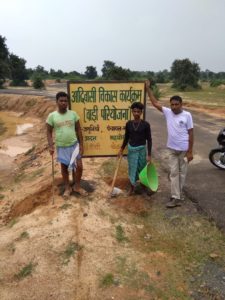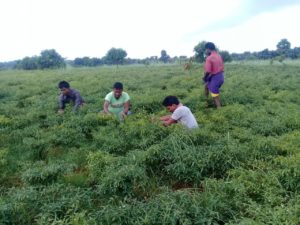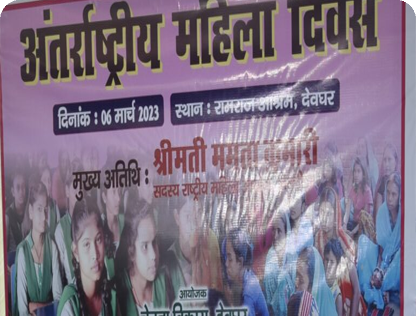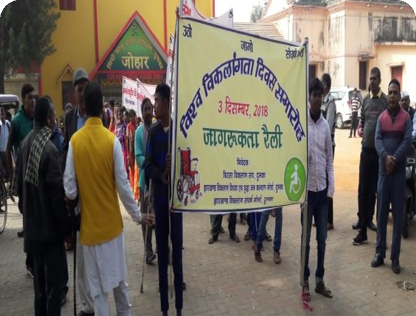NABARD-Integrated Tribal development fund(WADI)
In Jharkhand, due to high variability of monsoon, rains, low moisture holding capacity of soils, absence of developed aquifers due to hard rock substrate and high run-off due to the undulating terrain, agriculture is fright with high risk.
Diversifying sources of income/livelihood has always been a survival strategy for resource poor farmers. Resource poor communities have become particularly vulnerable, as they cannot afford to invest in expensive inputs and machineries. We therefore need ‘on farm’ diversification to improve productivity & ensure financial stability by promoting WADI with tribal families.
The WADI approach advocates for rising of compatible combinations of fruit crops, vegetables, pulses, cereals, medicinal and agro forestry in the same piece of land. This system not only utilizes the land more efficiently but also increases income per unit area by manifolds. This system is adopted by the farmers in rain fed areas as well irrigated condition by selecting suitable crop combinations.
It has been implemented in 11 villages of the Saraiyahat block of Dumka District with the support of ‘NABARD’ (National Bank for Agriculture and Rural Development) with 300 families. Each targeted family is allotted with one acre of land for developing a WADI by planting combination of 50 mango plants, 20 guava plants and 200 multipurpose forestry and medicinal plants. Mango is the leading fruit crop in the district, due to depletion of the forest resource, the tribal are now willing to take up cultivation of Mango and Guava in their hands.
Thus 300 families who are involved in the WADI process have developed a knowledge on organic farming, multi-cropping and maintaining the gardens in 11 villages.


